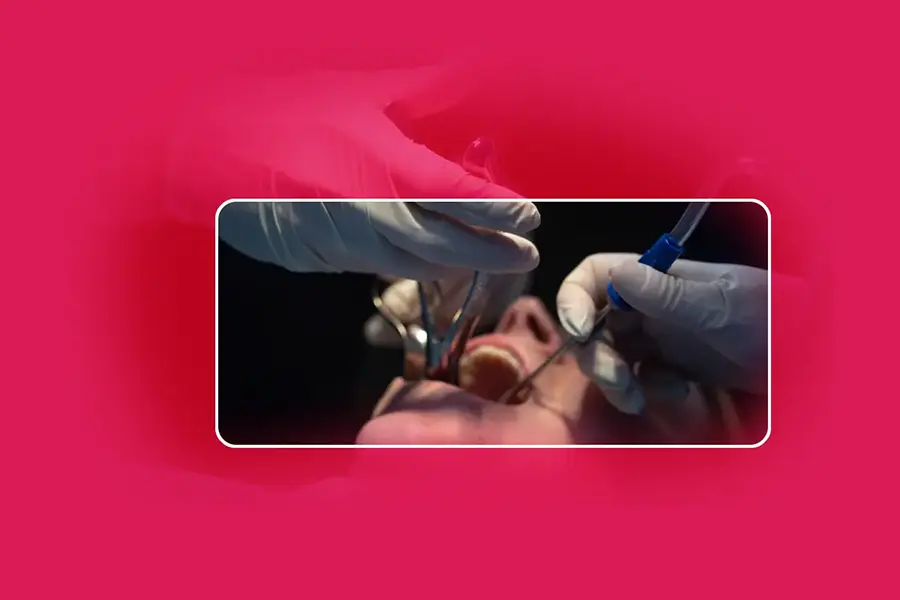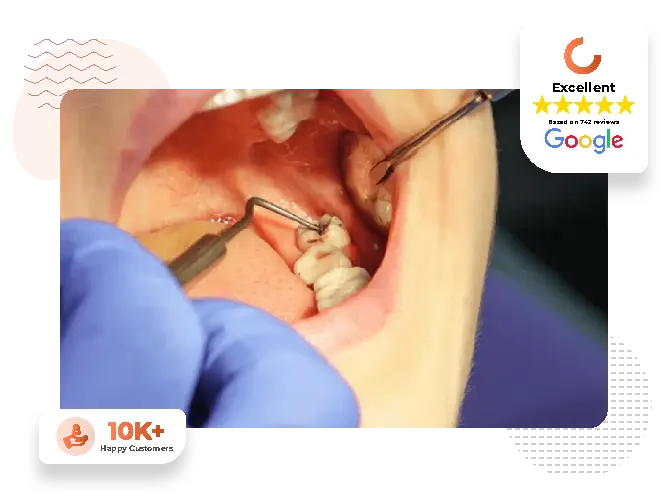
Wisdom teeth extraction might be required if your wisdom teeth induce pain, emerge improperly, or contribute to other oral health problems. In certain instances, dentists advise preventive removal of wisdom teeth before issues have a chance to develop.

During a consultation with an oral surgeon, they’ll check the health of your wisdom teeth and take dental X-rays to determine their exact location.Your surgeon will also discuss sedation dentistry options with you during this appointment.
Wisdom teeth extraction may lead to mild discomfort, slight bleeding, and swelling. Your oral surgeon advises you on managing these postoperative effects. Once the sedation has worn off sufficiently, your friend or family member will be in charge of driving you home.

Do

Don’ts:
Some FAQ Questions